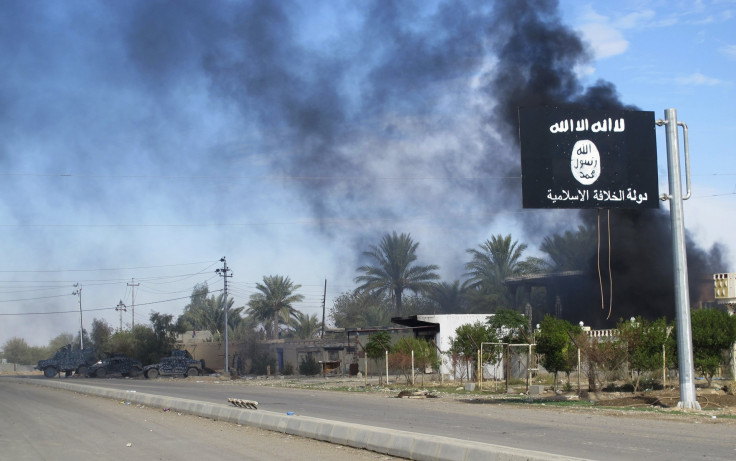Islamic State Group Funding: Taxes On Muslims Used By ISIS To Fund Caliphate

While the fate of the Islamic State militant group's self-declared caliphate may be increasingly uncertain as Western airstrikes rain down upon ISIS targets, death and taxes continue to be a mainstay of life inside the group’s territory. Since coming to prominence in June 2014, the group has raised hundreds of millions of dollars through taxation and theft in order to fund its murderous caliphate, which has executed thousands of people over the last 18 months.
It's estimated by U.S. government officials that ISIS takes in as much as $40 million from taxation every month, equaling what it profits from the sale of oil over the same period of time, according to a Financial Times report released late Monday.
The taxation comes in the form of what's known as zakat, a 2.5 percent tax on Muslims who can afford it and live inside the caliphate. The collection is justified by ISIS leaders using text in the Koran that states that zakat can be given to those fighting a holy war, which the terror contends that it is fighting.
ISIS Inc: Loot and Taxes Keep Jihadi Economy Churning
https://t.co/XKG0qzPFJt pic.twitter.com/mrXT3h2FCu
— Jewhadi™ (@JewhadiTM) December 15, 2015
The group, which has been bombarded by increased Western airstrikes since the attacks in Paris in late November, had also managed to extract part of the salaries being paid to Iraqi government employees. Those living in towns taken over by ISIS — such as Mosul, in northern Iraq — were also subject to zakat. The Financial Times reported that the Baghdad government continued to pay the salaries for more than a year, contributing as much $23 million to the ISIS cause.
"[Eventually], there was no other alternative than to cut the salaries,” Haitham al-Juboori, the deputy head of Iraq’s parliamentary finance committee, told the Financial Times. "We couldn’t find another way."
ISIS also takes a small percentage of money transfers sent to residents inside the caliphate from relatives abroad.
Despite the wide variety of financial resources open to the group, the zakat element of the tax has shrunk as many wealthier residents have fled the region. Agricultural yields and livestock numbers, which the group confiscated, have also fallen and diminished the terror group’s income, according to Iraqi officials who spoke with the Financial Times.
© Copyright IBTimes 2024. All rights reserved.






















